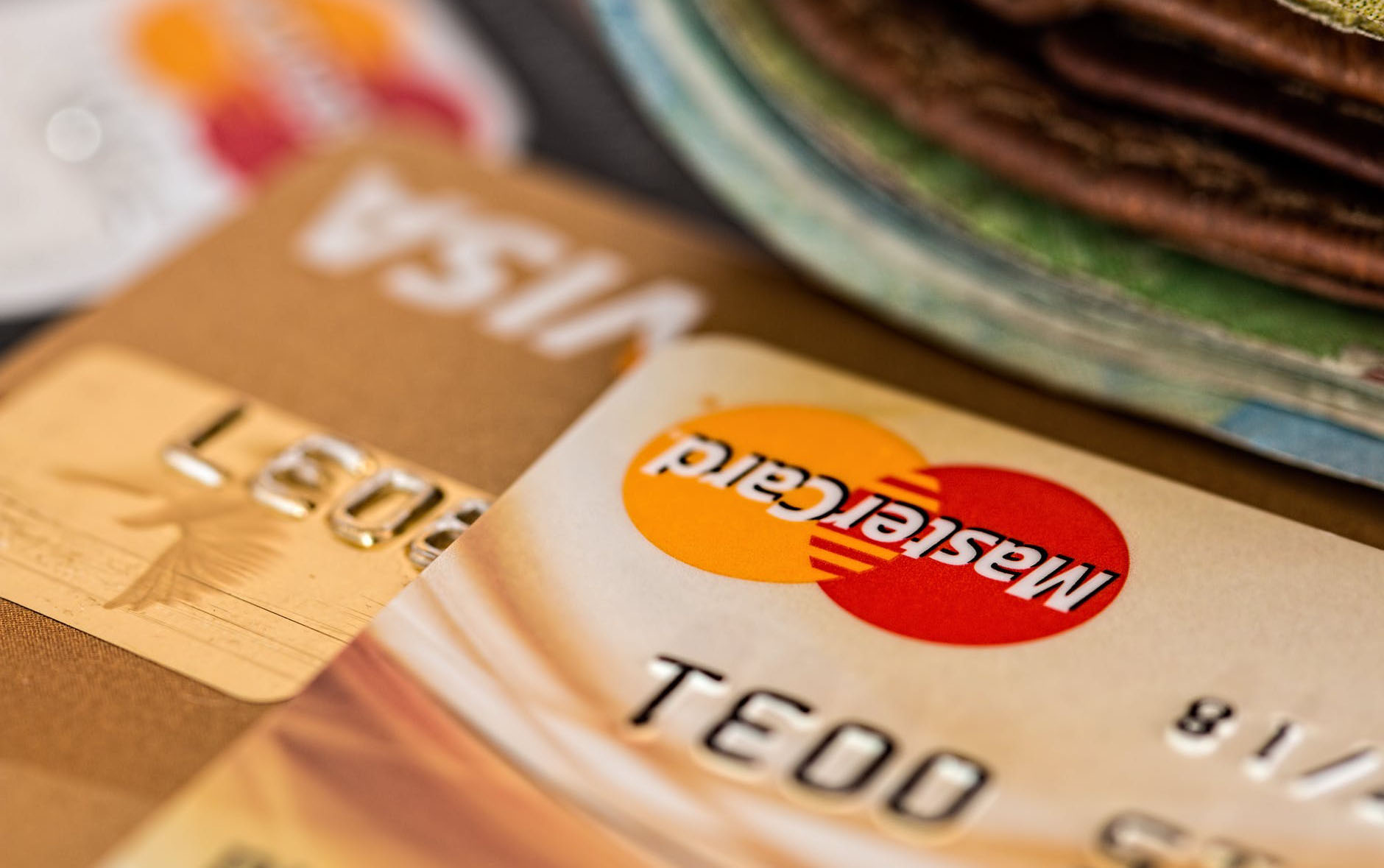There are big changes Medicare has planned in 2018 that will help protect the identity of seniors and continue proper health benefits. The biggest and best change will be the new Medicare ID cards.
When Medicare recipients receive their Medicare card, they are typically shocked to see that their Medicare Identification number is the same as their Social Security number. Medicare beneficiaries run the risk of identity theft when they have their Medicare card in their wallet or purse; it would be comparable to walking around with their Social Security card in their possession.
Identity theft is a major issue; when someone has the Social Security number of another person the thief can apply for loans, open bank accounts and possibly gain employment. When someone has your Social Security number, the person has the key to your credit and identity.
The Social Security administration and the Federal Trade Commission have been urging the Centers for Medicare and Medicaid Services to change the Medicare Identifier for years.
Finally, after years of requesting that changes be made, CMS has made the decision to move to updated cards that do not have a Social Security number as the Medicare identifier. These updated cards were sent via mail in the beginning of April 2018. CMS anticipates all Medicare beneficiaries will have a new, updated card by April 2019.
What to Expect from the New Medicare Cards
The updated Medicare cards will feature a new
Medicare Beneficiary Identifier (MBI) number. The card will display a randomly assigned number for all Medicare recipients.
Healthcare providers and Medicare beneficiaries will be able to securely access tools that will allow them to look up MBIs as needed.
During the 21-month transition period, it will be possible for providers to use a patient’s Social Security number or the new MBI number. The transition period was put in place to help things run smoothly for providers and patients across the nation. The issuance of a new card will not affect Medicare benefits.
The new MBI number will have 11 characters, with a combination of numbers and uppercase letters. These new numbers will have no special meaning, making it safe to keep in your wallet or purse.
The new cards will be mailed to you based on your geographical location; however, it is possible that you and your neighbor will get a new card at different times.
See also: Identity Theft Can Be Double Whammy
The Transition Period
CMS is trying to make the transition smooth for caregivers, patients and others who need accurate Medicare information. The transition period will allow beneficiaries and providers to exchange Medicare information with CMS using MBI or a Health Insurance Claim Number; this period is scheduled from April 1, 2018, until Dec. 31, 2019.
On Jan. 1, 2020, beneficiaries and caregivers will be required to use an MBI for most situations. It is suggested that beneficiaries keep an eye out for their updated Medicare card, and when it comes they should get into the habit of using their new MBI early.
Obtaining an Updated Card
Beneficiaries should
destroy their old cards immediately after receiving their updated Medicare card. Once the new card is in possession, you can start using it at once. It is important that you keep your new MBI number confidential and watch the mail carefully so that you are aware when the new card is delivered.
The new cards are going to be made of paper, making it easier for providers to use and copy. If you are enrolled in a Medicare Advantage Plan, the Plan ID card is the main card you show to your providers, although a healthcare provider may ask to see your MBI card, so keep it with you.
How to Protect Your Identity Now
Identity thieves have noticed
seniors as ideal victims for identity fraud. Seniors typically have more money in their checking and savings accounts, and they have paid off their major financial obligations.
Because seniors usually receive Medicare benefits, the door for identity theft in the medical industry is wide open. Because most seniors are not purchasing a new home or taking out a large loan, they have no reason to stay informed and therefore check their credit score less often.
How to Keep Important Documents Safe:
- Make copies of your insurance cards
- Make a copy of your insurance card and remove the last four digits of your Social Security number.
- Leave the original at home.
- If you do need to take an original, remove the card from your wallet after the appointment and store it in a safe place.
- Keep important documents safe:
- A home safe can allow you to store important documents; if you have highly important documents, you might want to consider a bank safety deposit box for documents you do not need often.
- Never carry around extra bank cards, credit cards you don’t frequently use, any health insurance card or your Social Security card.
- Protect computer and internet access:
- Be sure you use anti-virus, anti-spyware and firewall software to combat hacking programs that are designed to steal personal information.
- Be creative with passwords and never use the same passcode for multiple accounts. Changing passwords regularly can ensure privacy.
- Never send personal or financial information through an email, no matter the situation or company.
- Be sure to have your Wi-Fi network password protected and secure. Your internet installation service rep can help make sure your wireless network is protected.
- Check your credit frequently: Per the Fair Credit Reporting Act (FCRA), every 12 months a free credit report can be provided for you from each of the nationwide credit reporting agencies.
- Destroy old documents:
- Some documents need to be stored safely; others can be destroyed.
- You should be destroying credit card statements, receipts, bank statements, tax documents, canceled checks and old driver’s licenses.
The Reason Behind a New Medicare Number
The current Medicare number for many beneficiaries is their Social Security number. The U.S. Railroad Retirement Board, state Medicaid agencies, Social Security, healthcare providers and health plans all use this number.
There are great dangers that can occur when a Social Security number is in the hands of a criminal. The Medicare Access and CHIP Reauthorizations ACT of 2015 is requiring CMS to replace the old numbers with a new updated Medicare Beneficiary Identifier.
These cards are being released for one primary reason, to better prevent seniors from being the victim of identity theft.
See also: 8 Questions on Medicare Set Aside
Be Aware of Scams
The reason for new Medicare ID cards was to prevent seniors from being the victims of identity fraud. Unfortunately, the change has inspired criminals to take a new approach. There have been attempts to mislead Medicare recipients, and more attempts are likely to be made through the transition. It is important that beneficiaries be aware of possible scams.
The new Medicare ID does not cost beneficiaries money. The new card has the same benefits as the current card. Do not give the new card to anyone other than a healthcare provider. Many identity thefts are committed by friends and family.
Medicare will not ask you to give personal information to obtain your new number and card. Nobody should contact you about the new Medicare card, your new number or any personal information.
Medicare does not make uninvited calls to beneficiaries. If you think you are a victim of medical identity theft, contact the Federal Trade Commission about what to do next.
Advantages of Change
Because the new cards will not have a Social Security number, scammers will find it more difficult to commit fraud. Beneficiaries need to keep MBI numbers confidential and treat the numbers like personal identifiable information.
If a beneficiary forgets the new card at home, healthcare staff can search the new Medicare ID number on a secure site. All existing Medicare information will continue to be available to your doctor.
More than 57 million Americans will be provided with greater identity protection from the new Medicare ID cards. CMS intends a successful transition to the MBI for all people with Medicare and for their doctors.








